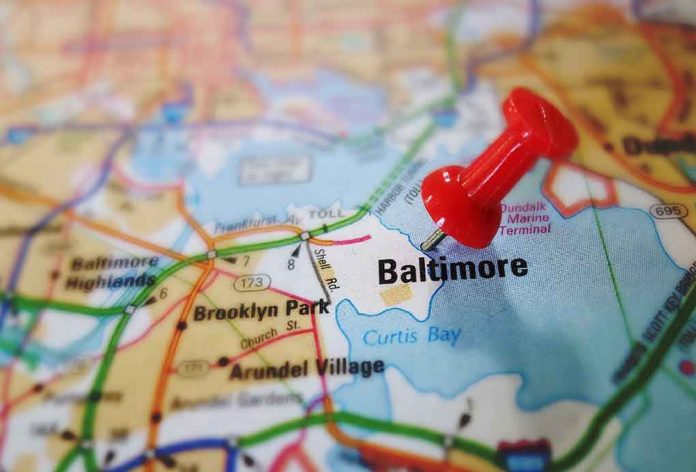
A new policy shifts focus from studies to direct action, raising concerns about the future of reparative justice.
Story Overview
- Maryland Governor Wes Moore vetoes a reparations study commission bill.
- Governor emphasizes the need for direct action over further studies.
- The Legislative Black Caucus plans to override the veto.
- Public debate intensifies over the best approach to reparative justice.
Governor Moore’s Veto Sparks Debate
In a move that has stirred both support and controversy, Maryland Governor Wes Moore has vetoed a bill aimed at establishing a commission to study reparations for Black Marylanders. Moore, the only Black governor in the nation, argues that the time for studies has passed, advocating instead for immediate action to address historical injustices. This decision has divided opinion among lawmakers and community leaders, highlighting a rare intra-party conflict.
While Governor Moore stresses the importance of actionable measures, the Legislative Black Caucus, which championed the bill, views the commission as a critical framework for delivering reparative justice. The caucus argues that the commission is not merely an academic exercise but a necessary step toward implementing tangible solutions for the state’s African American community, which has long faced systemic disadvantages.
Legislative Efforts to Override the Veto
The Legislative Black Caucus is determined to override Moore’s veto when the General Assembly reconvenes. With the bill having passed both chambers with overwhelming support, the caucus is confident that it can gather the necessary votes for a successful override. This ongoing political battle underscores the tension between symbolic and substantive approaches to racial equity, as well as the challenges of balancing immediate action with comprehensive planning.
The governor’s office has pushed back against claims that it is pursuing a similar reparations plan under a different name, denying allegations from lawmakers. This dispute has led to intensified public and media scrutiny, with both sides framing the issue in terms of justice, urgency, and practicality. As the debate continues, the outcome of this legislative conflict could set a significant precedent for how Maryland and other states address reparations.
Broader Implications and Future Outlook
The ramifications of Governor Moore’s decision extend beyond Maryland, as the state’s actions may influence the national conversation on reparations. The veto has raised the profile of reparations within Maryland, engaging a broader segment of the public and media. It also tests the cohesion of the Democratic Party in the state and the governor’s ability to lead on issues of racial justice.
In the short term, the veto has heightened political tensions and strained relations between the governor and the Legislative Black Caucus. Long-term implications could include a shift in policy approach toward reparations and the potential for Maryland to serve as a model for other states grappling with similar issues. The outcome of this legislative process will be closely watched by advocates and policymakers nationwide.
Sources:
Moore’s Office Pushes Back Against Lawmakers as Reparations Feud Continues
ICYMI: A Tale of Two Governors – Maryland Matters
Maryland State Plan on Aging 2022-2025


